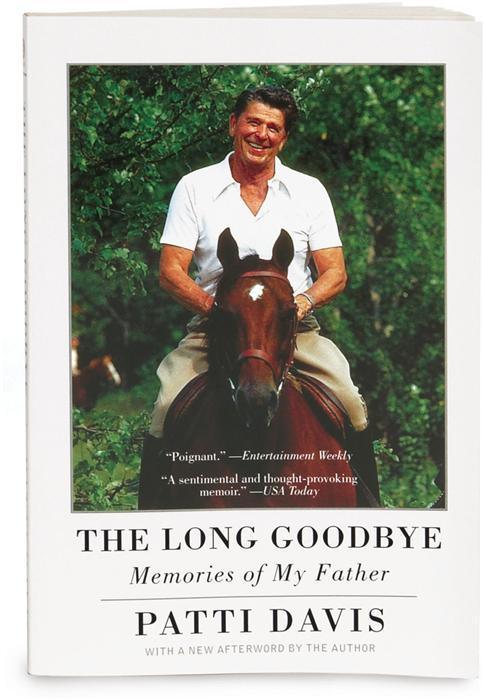Sign up for the Family Tree Newsletter Plus, you’ll receive our 10 Essential Genealogy Research Forms PDF as a special thank you!
Get Your Free Genealogy Forms
"*" indicates required fields
To understand Ronald Reagan, you have to understand the small town he came from—the ordinariness of it planted in the sturdy, flat terrain of the Midwest, where the seasons are important, and kids dream beyond the loneliness, beyond all those endless miles, to the cities where dreams are supposed to come true. Movies provided the stories, the hopes—you could go to Hollywood and make it. I asked my mother recently how my father could have come through the Hollywood system, with all its cutthroat ways, and the political system, which is even worse, with his innocence intact. He never really participated in the Hollywood lifestyle, she told me. He didn’t go out with his fellow actors after a day of shooting, didn’t hang out, have a few drinks. He did his work and left. He kept his dreams alive, and his innocence, by never giving too much away, by holding enough of himself in reserve so that no one could tarnish what he held dear.
He mystified the people who worked with him. They loved his sunniness, his optimism, but they didn’t understand it. They’ve all talked about my father’s kindness, his faith in people. But all of them end up shaking their heads slowly—they can’t really explain him.
He was the son of a shoe salesman who drank too much and a devout woman who lived by the Bible and the golden rule, and expected her two boys to do the same. He was a quiet, nearsighted kid whose imagination stretched beyond his small, unscenic town, who wanted to get out the way kids from small towns always do. He wasn’t supposed to make it. You wouldn’t have bet on his succeeding; he had no connections, little money; he washed dishes to put himself through college and lifeguarded at the river during the summers. You’d have laughed if someone said he’d someday be president.
Middle America breeds dreamers. It’s the isolation of all that vastness—the wide, flat miles, the life that changes little from one generation to the next. But some make it. He did. He credited God and the faith his mother instilled in him, and he didn’t analyze it more than that. But there are clues. One of them lies in the golden rule. Somewhere along the line, my father decided that it was a good way to live his life. He put it into practice, wore it comfortably because it made life sweeter; an easier ride.
There’s something else about the Midwest and those small towns—there’s a pioneer spirit that’s quintessentially American. It’s the quest to ride over the next hill to a new life, a place of more possibilities. It’s the “go West, young man” drive of those who know that if they stay where they are, their hopes will die. He went west, to Hollywood, to the glitter of the lights, to the soundstages and the fake cowboys and painted backdrops. Because he did make it—the dream was realized. He thought of himself as an example of what can happen if you dream big and persevere. He was competitive. He never wanted to come in second. But he never thought you had to be mean to come in first. Their victories might take a little longer—remember the unsuccessful 1976 campaign when Ford won the convention? But victory did finally come, and Ronald Reagan didn’t stop being a nice guy.
ADVERTISEMENT


